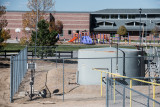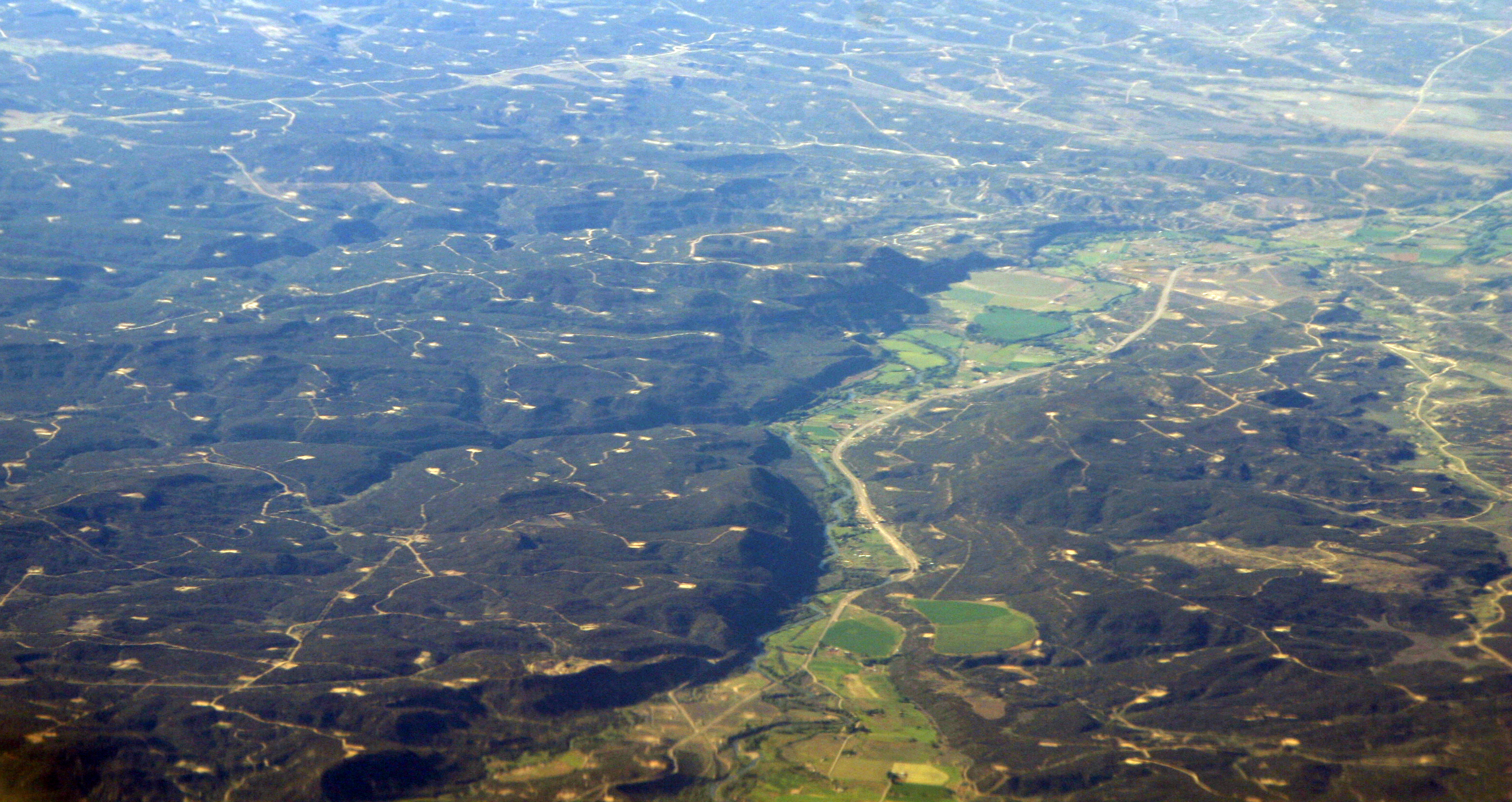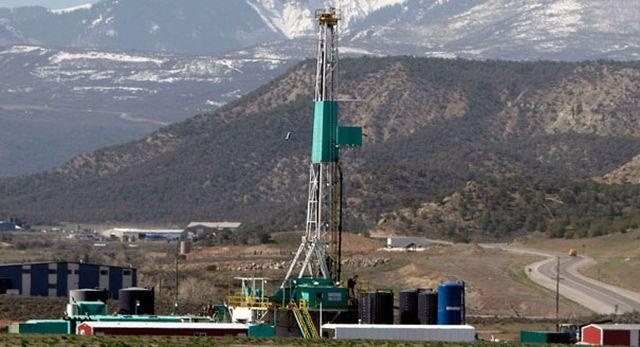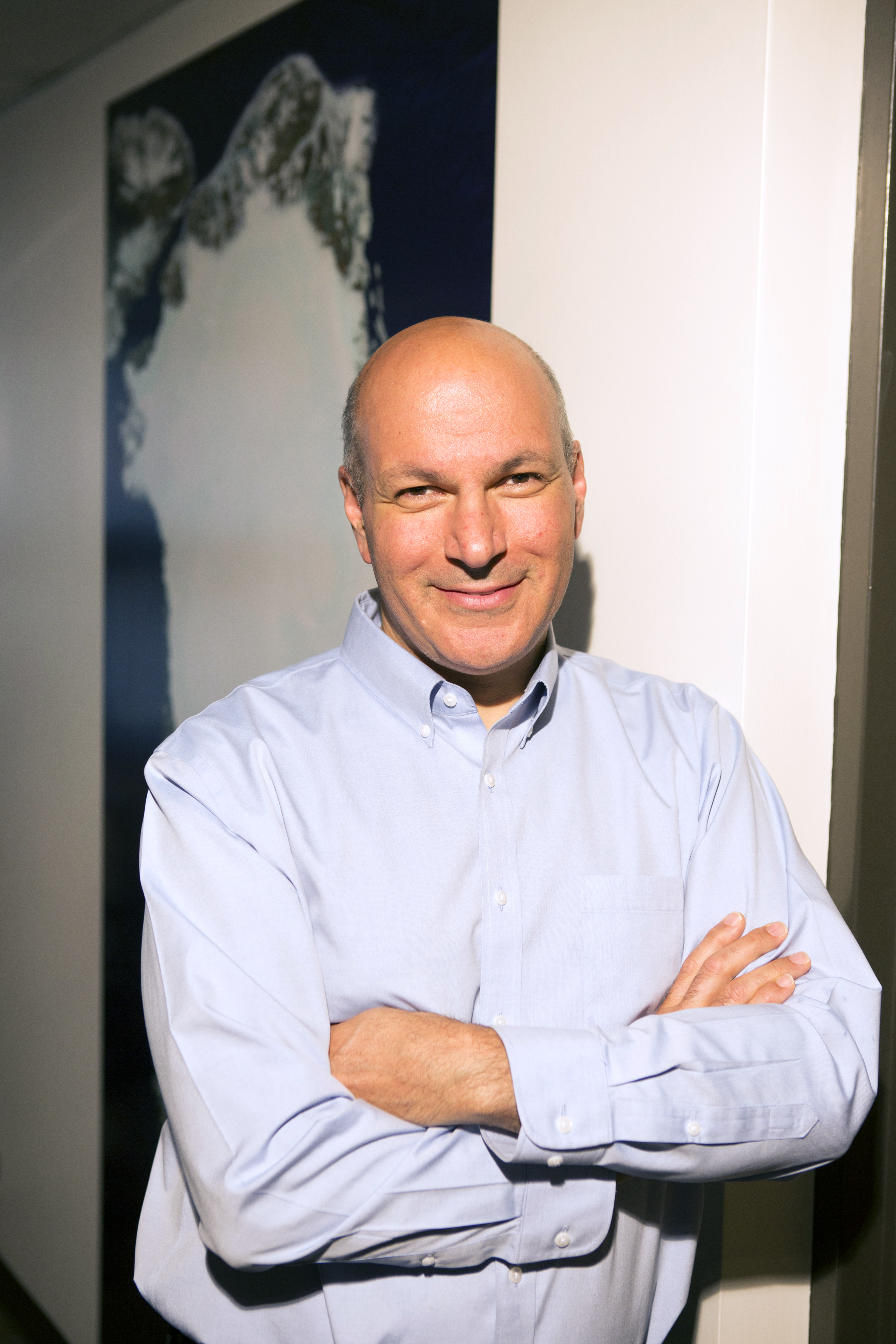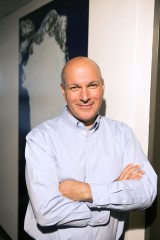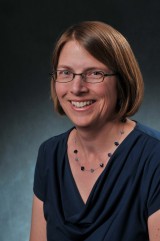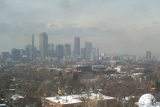
Tackling ozone pollution in Colorado (starts at 3:55): Cooler fall weather might soon bring back the bluebird skies we all love. But last year ozone levels in the Denver metropolitan area were high enough to prompt state health officials to issue ozone action alerts an average of once a week. (This summer has fared somewhat better.) During these ozone alerts, health officials recommend that children, the elderly and people with compromised lungs do not exercise outdoors. Hosts Daniel Glick and Susan Moran interview John Putnam, the environmental programs director for Colorado’s Department of Public Health and Environment, about the science, the sources (the largest being oil and gas operations), the health impacts, and policy approaches to ozone pollution. Governor Jared Polis named Putnam to tackle, among other things, a longstanding problem with the state’s air quality: parts of the state have been out of compliance with federal Clean Air Act standards for more than a decade. Last year, the Environmental Protection Agency upped the ante. It declared that parts of Colorado are in “serious” non-compliance of federal air quality standards for ozone, which we all know as “smog.”
For more info on health impacts, read Susan’s article. For info on in intricacies of the state’s oil and gas rules, read this article by Daniel. And the CDPHE features ongoing info on ozone here.
For info on the “climate strike” this Friday and climate activities over the next week, look here.
Hosts: Daniel Glick, Susan Moran
Producers: Daniel Glick, Susan Moran
Engineer: Joel Parker
Executive Producer: Beth Bennett
Listen to the show here:
Podcast: Play in new window | Download (Duration: 28:01 — 25.7MB)
Subscribe: RSS




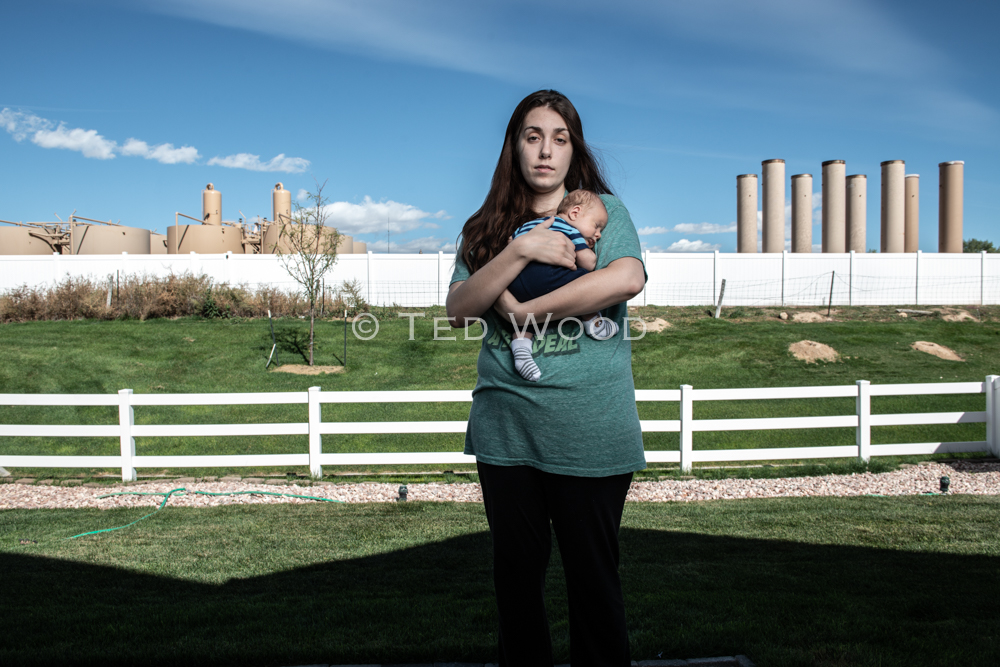
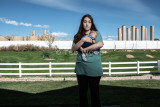
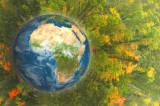 Healthy Planet+Healthy Humans? (start time: 14:46)
Healthy Planet+Healthy Humans? (start time: 14:46) 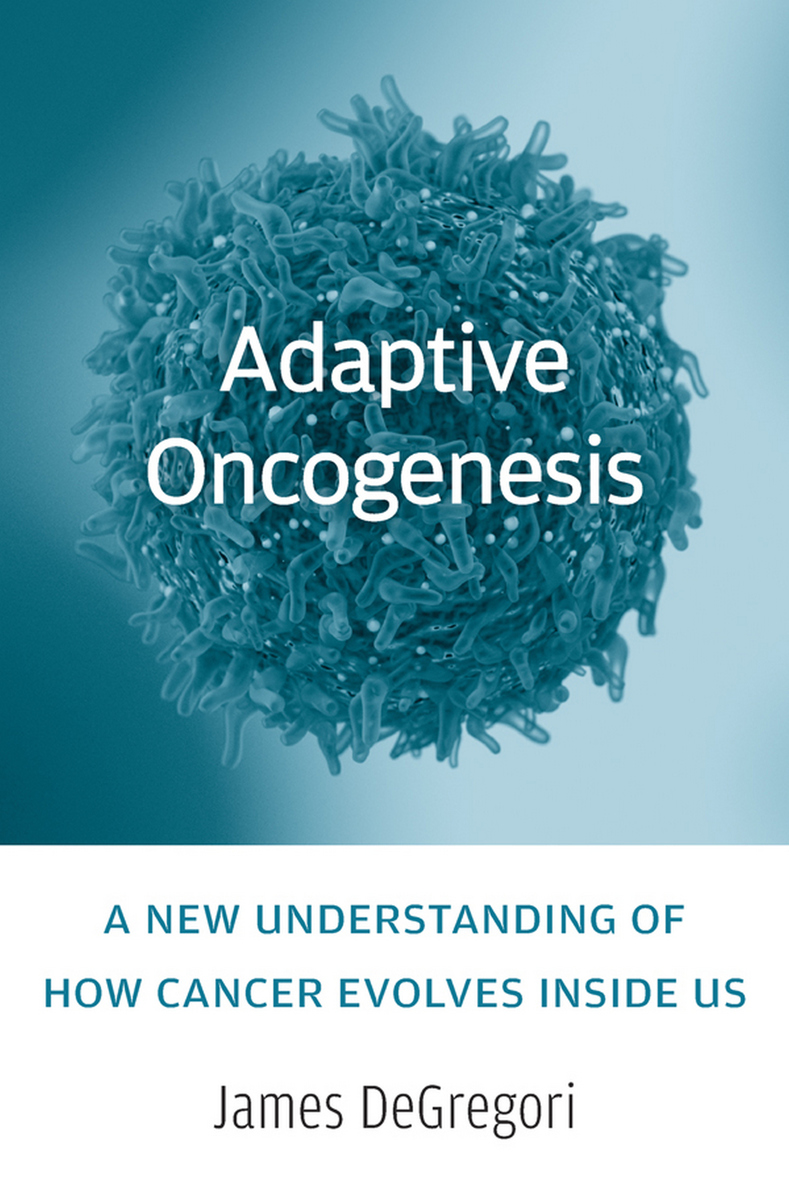
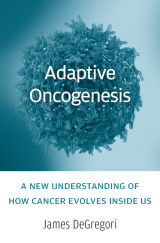 New Theory of How Cancer Evolves Inside Us (start time: 0:58): It is commonly known that cancer afflicts old people more than youth. Conventional wisdom has held we get cancer with age largely because we accumulate lots of genetic mutations over many years, and it’s the mutations that cause cancer. Our guest,
New Theory of How Cancer Evolves Inside Us (start time: 0:58): It is commonly known that cancer afflicts old people more than youth. Conventional wisdom has held we get cancer with age largely because we accumulate lots of genetic mutations over many years, and it’s the mutations that cause cancer. Our guest, 